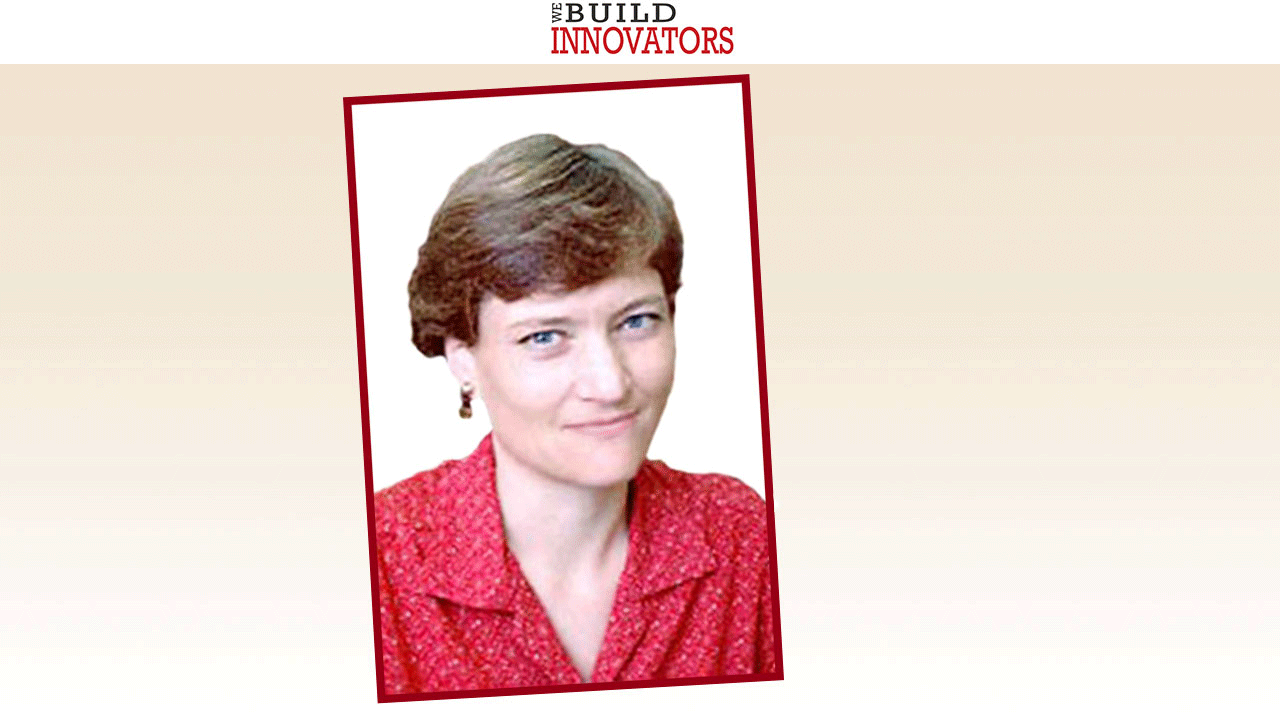Women in Research
Texas Tech University geoscientist Moira Ridley tells female students who are interested in an academic career that, despite the challenges and frustrations, there is no more satisfying career choice that allows such freedom and self-determination.
Geoscientist Moira Ridley
During March, Texas Tech celebrates women faculty who exemplify excellence in research, scholarship, creative activity, teaching, and mentoring.
3.6.2020
Moira Ridley, a professor of aqueous geochemistry in the Department of Geosciences, conducts research focused on understanding the complex, environmentally relevant interactions that occur between water and mineral-surfaces. She is particularly interested in gaining insights into molecular-scale reaction mechanisms that underlie observable, macroscopic phenomena.
In the question-and-answer session that follows, Ridley describes her work more fully.
What inspired you to work in your field/area of expertise?
From an early age, I had an intrinsic interest in math and science, especially relating to the environment. Thus, pursuing an undergraduate degree in geology was an inherent progression. Science allowed me to explore the how and why of environmental phenomena. As my knowledge matured, exploring the how and why matured into questions of what mechanisms at the molecular scale are responsible for macroscale phenomena.
Of all environmental substances, water is extraordinary—besides being essential to life, and so society. Furthermore, water interacting with mineral surfaces is Earth's most abundant interface. Thus, what could be more intriguing than exploring the interactions between water and mineral surfaces? Studying mineral–water interfaces provides an opportunity to explore environmental and scientific questions at a fundamental level, and obtain results that contribute knowledge and insights needed to understand pressing water issues.
Who inspired you to pursue academia?
At various points during my college training, undergraduate through Ph.D. degrees, I worked in both industry and academic settings. The freedom that academics are allowed to pursue basic science and explore interesting scientific questions was appealing. Added in was a good measure of rebelliousness, to go against the many comments made, starting in high school continuing through post-doctoral research, that science and the geosciences were poor career options for women to pursue.
What would you tell your female students interested in pursuing an academic career?
Academia is challenging, even frustrating at times. Yet I cannot imagine any more satisfying career choice that allows such freedom and self-determination.
College of Arts & Sciences
-
Address
Texas Tech University, Box 41034, Lubbock, TX 79409-1034 -
Phone
806.742.3831 -
Email
arts-and-sciences@ttu.edu

